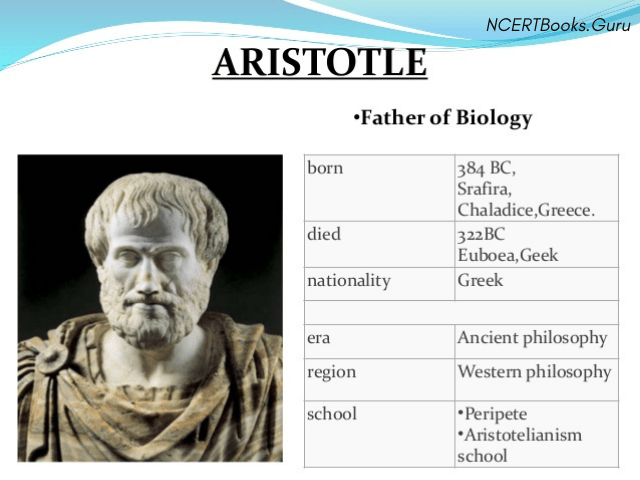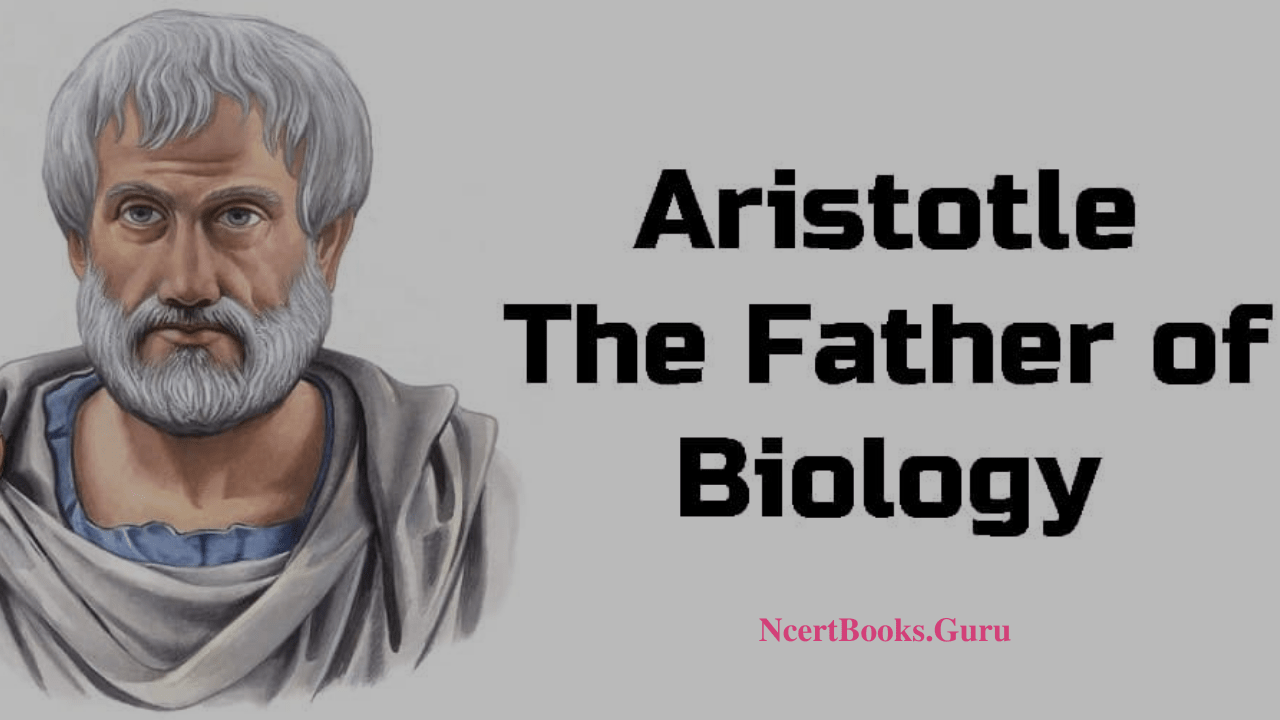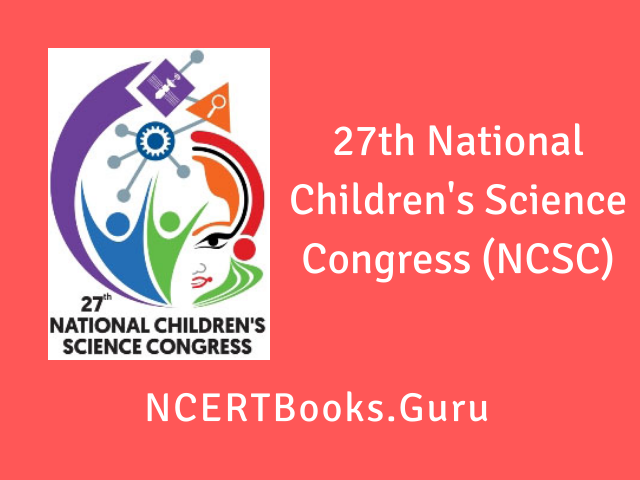National Children Science Congress 2020: National Children’s Science Congress (NCSC) is a flagship program of the National Council for Science and Technology Communication (NCSTC), Department of Science & Technology (DST), Government of India. It is an inclusive program open to children of the age group from 10-17 years covering all backgrounds either school going or out of school system, belonging to geographic, language and cultural regimes across the country and open to all children including children with disabilities. The prestigious national academic event is held every year from 27th to 31st December. It is a platform for children to carry out small research activities at the micro-level.
27th National Children’s Science Congress 2019
The NCSC encourages a sense of discovery and/or innovativeness in addition to learning the application of methods of science. It emboldens the children to question many aspects of progress and development around and can also express their findings in their own choice of language. It encourages the children to think critically and rationally to draw logical conclusions.
27th National Children’s Science Congress is hosted by Kerala State Council for Science, Technology and Environment (KSCSTE), Government of Kerala during 27th to 31st December 2019 at Mar Ivanios Vidya Nagar, Nalanchira, Thiruvananthapuram, the state capital of Kerala in association with Mar Ivanios College and Mar Baselios College of Engineering and Technology.
NCSC 2019-20 Focal Theme
The focal theme for 27th National Children’s Science Congress is “Science, Technology and Innovation for a Clean, Green and Healthy Nation”., comprising with following sub-themes:
- Ecosystem and Ecosystem Services
- Health, Hygiene and Sanitation
- Waste to Wealth
- Society, Culture and Livelihoods
- Traditional Knowledge Systems (TKS)
Following are the Focal Themes of the past years:
- 1993 – Know your Environment
- 1994 & 1995 – Clean up India
- 1996 & 1997 – India of our dreams – Let’s go for it
- 1998 & 1999 – Nature – Let’s conserve, share & Care
- 2000 & 2001 – Indigenous scientific knowledge for a better tomorrow
- 2002 & 2003 – Food systems towards nutrition for all
- 2004 & 2005 – Harness water resources for a better future
- 2006 & 2007 – “Biodiversity’: Nurture Nature for our Future”
- 2008 – 2009 – “Planet Earth: Let’s Explore, Care & Share.”
- 2010 & 2011 – Land Resources: use for Prosperity & Save for Posterity
27th NCSC Important Dates
Cultural evenings showcasing the diverse art of various states will be arranged during the National Children’s Science Congress 2019
| Events |
Dates |
Procession in traditional attire by Child Scientists Pledge by Child Scientists
Inaugural Session
Technical Sessions
Teacher’s Workshop
Meet the Scientist Programme
Cultural Evening |
27th December 2019 |
Technical Sessions
Teacher’s Workshop
Meet the Scientist
Programme Cultural Evening |
28th December 2019 |
Technical Sessions
Teacher’s Workshop
Meet the Scientist Programme
Cultural Evening |
29th December 2019 |
Techno Tour for Child Scientists
Meet the Scientist Programme
Cultural Evening |
30th December 2019 |
| Valedictory Session |
31st December 2019 |
National Children’s Science Congress Eligibility
- Any child in the age group of 10-17 years can play a part in the Congress.
- A participant doesn’t need to be a school/college student. A child scientist cannot play a part in the National Level NCSC two times, as a group leader, in the same age group.
- Parents, whose child would participate in the Children’s Science Congress in the ensuing year, should not hold any portfolio in the organizing/academic committee of the NCSC administered at any level or serve as an evaluator of the NCSC administered at any level. Else, the project may be barred for presentation in NCSC.
Age Groups
- There will be two age groups. First is 10 to less than 14 years which is regarded as the Lower Age Group and the other is 14 to less than 17 years, designated the Upper Age Group. To define the age, the base will be 31st December of the calendar year.
- Nevertheless, the Group of Children with Disability will have no limitations of age. Usually sixth to ninth standard children will come under junior group and tenth to twelfth standard children under a senior group, irrespective of their ages.
- Children with different disabilities can form one team so that both the team members can complement each other with their skills and the total disability of the team can be canceled. A group may also consist of one of the two children with disabilities.
Language: Language is not a limit for participation in the National Children’s Science Congress. Children can carry out and exhibit their project in any schedule language or any language which is identified as a medium of education by the respective State Government or Central Government in India.
NCSC Projects Evaluation
Screening of projects is performed by the evaluators at District and State Level Congresses based on oral presentation, project report, and support used during impersonating the report. Innovativeness, methodology, amount of work, the influence of the project outcome and teamwork form the foundation of evaluation. The standards for selection of National Children’s Science Congress projects are:
- Originality and importance of the project idea
- Presentation
- Scientific knowledge of the topic
- Data collection and analysis
- Experimentation/Scientific study/validation
- Problem-solving effort (for district-level NCSC only)
- Problem-solving effort and follow up (for state & national level CSCs)
- Teamwork
- Background editing (for district-level CSC only)
- Development from the previous level (for State & National level only)
Process of NCSC
- In a brainstorming concourse with all like-minded organizations and individuals connected with NCSC represent a Focal Theme, with related sub-themes, for every two years. http://ncsc-india.in/

- Principal Activity Guide, leaflets, application forms are distributed well on time in the State and District coordinating agencies.
- District level organizing organizations and academic committees are accountable for distributing the message and software to the children disseminated over the length and breadth of the country.
- Children form groups of 2 to 5 and choose a guide to direct them through the project. They first know a topic/ an issue/ a local problem under the assigned sub-themes and make a quick assessment of the work program. Projects build upon models, prototypes or conditions which might be very fresh and innovative; some of them based on surveys conducted by children.
- Going through surveys, collection of data, comparison of data, drawing results, describing findings by suitable mathematical tools, proposing solutions, examining results in the field, deciding with follow-up actions in that order, the groups make the project reports in a standard and uniform manner.
- The report is displayed first in the District Level Congress by the group leader and is evaluated by a group of evaluators. All chosen projects from this level are next shown in the State Level Congress in front of a broader audience and explained threadbare by all concerned before they are sent for the grand finale National Level Congress, held during 27-31 December every year. Seven to eight lakh Young Scientists participate at various levels from the states & union territories. Two-three best projects from each state also play a part in the annual session of Science Congress organized by the Indian Science Congress Association, every year from January 3rd – 7th.
27th NCSC Topics
The 27th edition of National Children’s Science Congress will be from 27th to 31st December 2019 with the following events Procession in traditional attire by Child Scientists & Pledge by Child Scientists. Each State will march to the venue with the traditional attire of respective states followed by a Flag Hosting, Pledge and Inaugural Session.
- Technical Sessions: The child Scientists will make a presentation in 12 Venues from 27th to 29th December 2019. Children can carry out and present their project in any schedule language or any language which is recognized as a medium of education by the respective State Government or Central Government in India. The maximum time allotted for oral presentation is 8 minutes but for the children with disabilities that might be relaxed.
- Teacher’s Workshop: The escort teachers will be attending workshops handled by experts from different parts of the country. These science workshops will be Creative Science Teaching – Learning, hands-on experience, Fun Chemistry, Hands-on Workshop on environment education, Science is Fun, etc.
- Activity Corner: A science activity corner for the students will be arranged venue with resource persons from all over India. The activity corner will have activities such as Creative Science Learning, Hands-on Science, etc.
- Science Exhibition: Science Exhibition will be organized with scientific/educational institutes, R&D laboratories, and Innovation Centres. This is to ensure the presence of the local academic community and children during the event. The exhibition is open to the public.
- Meet the scientist program: Eminent Scientists will be invited to conduct interactive sessions among students and teachers during the NCSC program. Each session will be attended by the participating students as well as escort teachers.
27th National Children’s Science Congress 2020 Venue
27th National Children’s Science Congress 2019 Venue is Mar Ivanios Vidya Nagar which is one of the most beautiful hillocks in the city of Thiruvananthapuram with an extent of about 130 acres of land, housing a number of educational and other institutions. The sprawling campus, blessed with natural beauty and learning ambiance, is studded with various centers of excellence in education.
Download NCSC Brochure PDF
National Children’s Science Congress Winners
For the 6th consecutive year, our both the teams (Sr & Jr) of Harshita – Srijan & Tushar – Yash respectively have qualified for the state level of 26th National Children Science Congress* to be held on 22nd and 23rd November 2018.
FAQ’s On National Children’s Science Congress
Question 1.
What is NCSC?
Answer:
National Children’s Science Congress, also referred to as Children’s Science Congress at the district and state levels is the flagship program of the National Council for Science and Technology Communication (NCSTC), Department of Science & Technology (DST), Government of India. It is a platform for children to carry out small research activities at the micro-level.
Question 2.
When and where is 27th NCSC going to be conducted?
Answer:
27th National Children’s Science Congress is hosted by Kerala State Council for Science, Technology and Environment (KSCSTE), Government of Kerala during 27th to 31st December 2019 at Mar Ivanios Vidya Nagar, Nalanchira, Thiruvananthapuram, the state capital of Kerala in association with Mar Ivanios College and Mar Baselios College of Engineering and Technology.
Question 3.
What is the focal theme for 27th NCSC?
Answer:
The focal theme for 27th National Children’s Science Congress is “Science, Technology and Innovation for a Clean, Green and Healthy Nation”.
Question 4.
What are the Different levels of the Children’s Science Congress?
Answer:
The Children’s Science Congress is organized at three levels where the child scientists and their project works are screened under common evaluation criterion. The evaluation of the project is done for its innovativeness, simplicity and practicality. On the basis of the merit the project is selected from one level to the next level, as given below:
- Block /District level
- State-level
- National level
The District/Block level Congress is the first level in which projects are screened, evaluated and shortlisted for presentation at the State level Congress. As per State-wise quota, the projects are selected from the State level for the Grand Finale – the National level of Children’s Science Congress.



